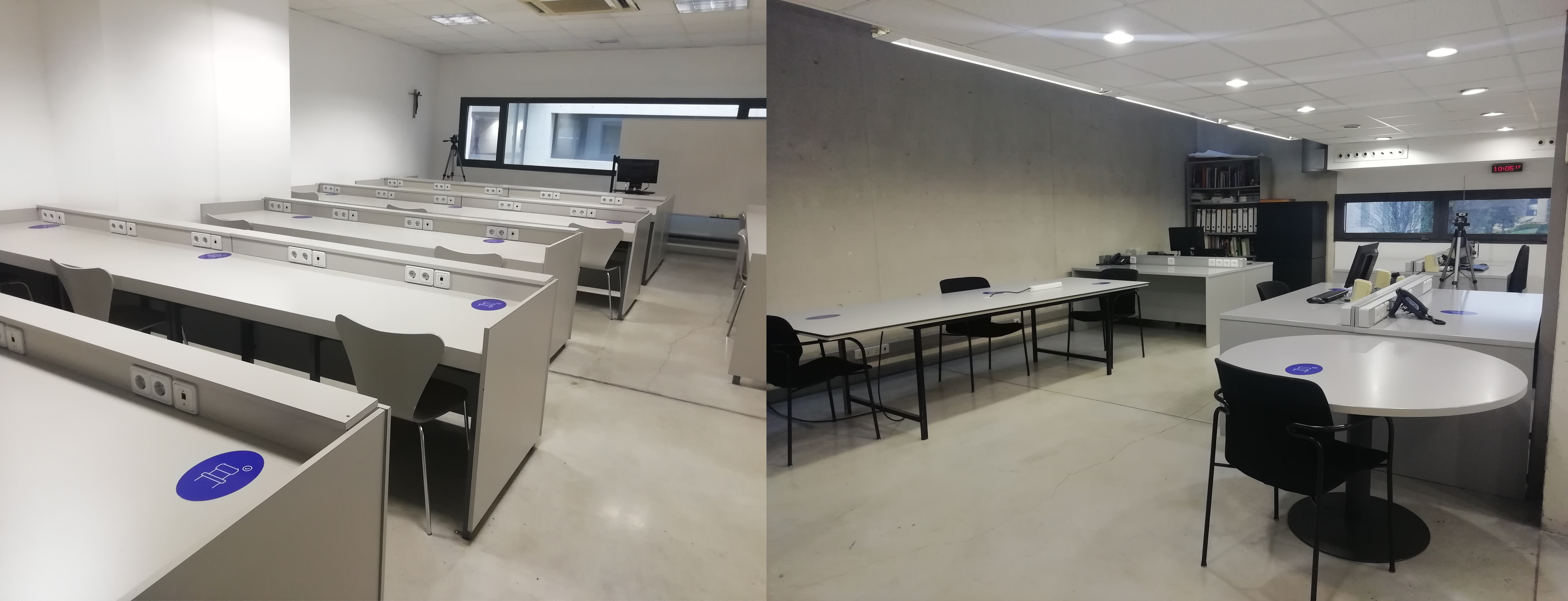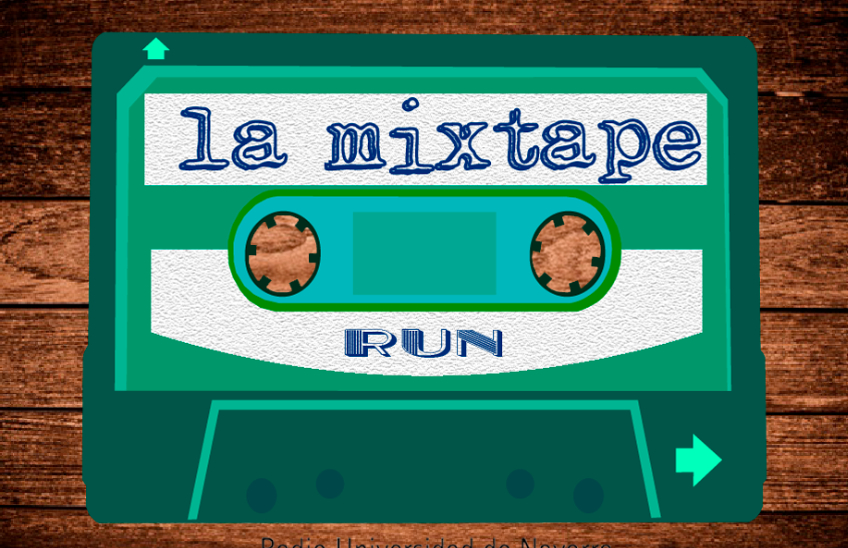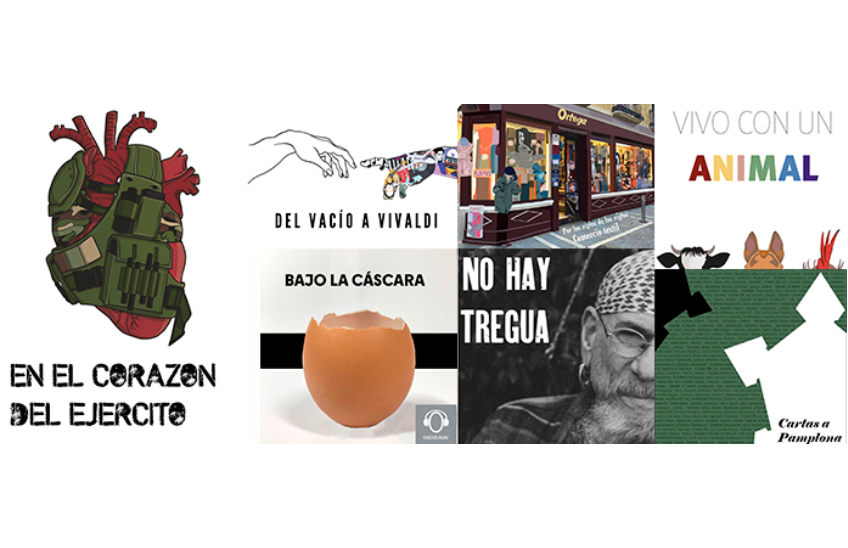Learning to report from a distance

21 | 12 | 2020
Following the news for a whole morning is no easy task, and even more so when it is a question of producing a complete, high-quality news programme. Reporting on the radio is complicated, and reporting well is even more so. For this reason, subject Radio Production, which is taken in the fourth year of Journalism, aims to train students to develop quality and fully informative content.
For this, in addition to a good theoretical basis, its application to internship is essential, and here there was a big problem for this course: the way of doing radio had to be changed by COVID-19. Unlike the usual routine in previous courses, this time there were many new rules in its development: only one student per booth, very limited capacity in the control, and the division of the groups into two parts.
It was decided to work with a decentralised essay , most of the group could work from a separate classroom or at home, and the main pieces of the news (publisher, producer and some isolated editors) would go to the essay of Radio Unav.

During the internship, students work in two spaces simulating a decentralised essay .
Thus, every morning, at the beginning of internship, the entire group took part in a video call to share the main topics, divide up the tasks and content, and include the pieces recorded by the students in Latin America.
Communication was less fluid and sometimes much more cumbersome, but at 12:00 they had to have everything ready, it was time to start the news: the publisher of the programme would take his microphone, his headphones and go into the booth; a new call would start on Zoom, and the rest of group would get ready to tell the news from there.
Despite all these impediments, the students made the most of a busy year and followed with great interest and success topics such as the US election process, the coronavirus crisis, and the social effects of this. All of these pieces were collected in Current affairs in depth.
The US elections from Radio Unav
The process to elect the new president of the United States has been followed by all the media, and Radio Unav was to be no different. Until 3 November, the students produced three pieces to shed light on what was happening in the battle between Donald Trump and Joe Biden: The election campaign, from the USA; The world is watching who inhabits the White Houseand Young people and the US elections.
Reporting on the coronavirus
Every week, the topic on everyone's lips was the coronavirus. The data of the second wave, the economic and social crisis resulting from the pandemic, the progress made with the vaccine, and so on. Practically every day there was something to comment on during the news and of the whole production, three other interviews stand out: Hospital saturation in Navarre in the 2nd waveThe first interview was with a nurse from the ICU of the Navarra Hospital Complex; COVID-19: Moderate optimism about the vaccinean interview conducted after Pfizer's first advertisement about its vaccine, and The great coronavirus collectionwith the president of the Food Bank of Navarra.
Not everything was going to be news related to the USA or the coronavirus crisis. The 4th year Journalism students also devoted time to social issues and focused on Navarre, such as the campaign on intercultural coexistence in the region: Navarre of Colours. Nor did they neglect culture, or one of the most eagerly awaited series this year, HomelandThe adaptation of Fernando Aramburu's work, which they analysed after the broadcasting of its last episode.


